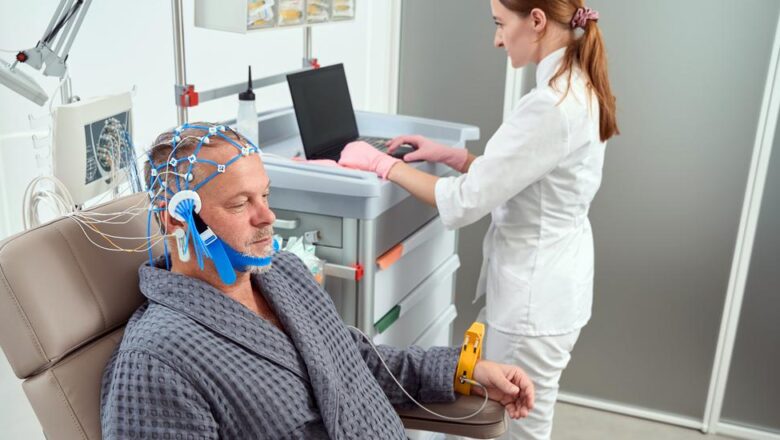
Obsessive-Compulsive Disorder (OCD)
Obsessive-Compulsive Disorder (OCD) is characterized by repetitive and intrusive thoughts (obsessions) and repetitive behaviors or mental rituals (compulsions). It is a complex and often debilitating mental health condition. OCD significantly affects an individual's daily life, relationships, and general well-being. In this article, we will examine the intricacies of OCD. We will explore its diagnostic criteria, common symptoms, potential causes, and evidence-based treatment approaches.
What is Obsessive-Compulsive Disorder (OCD)?
OCD is a chronic mental health condition. It is defined by the presence of obsessions and/or compulsions that are time-consuming, distressing and interfere with daily functioning. Obsessions are involuntary thoughts, images, or impulses that cause signific...


